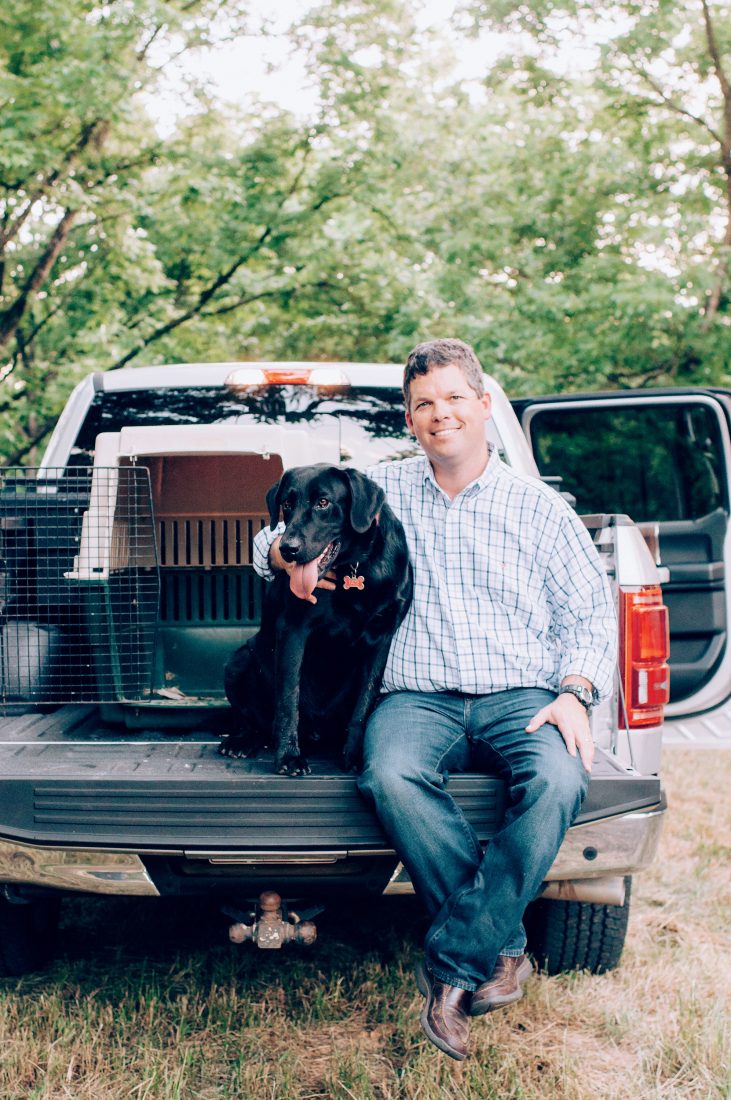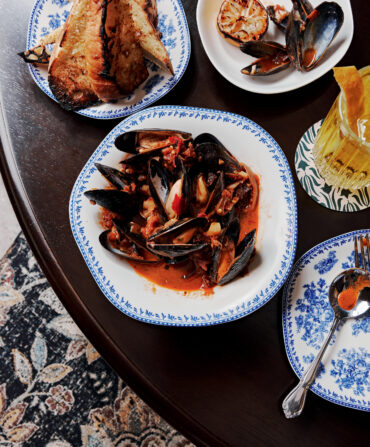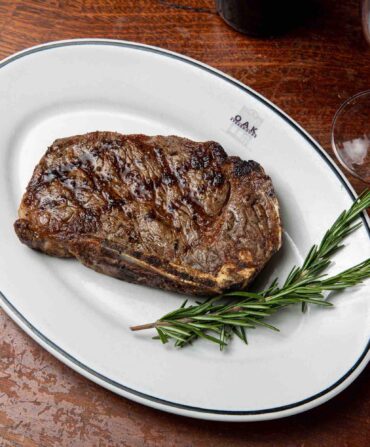Eric Cohen bought the dog on faith. He had never seen a pecan truffle on the thousand-some acres of orchard that he manages around Decatur County, Georgia, but he knew that farmers and scientists in the area had begun to harvest them. And if anyone could find the homegrown cousins to the sought-after truffles collected overseas and in other parts of the country, it was Tate, his newly acquired Labrador retriever. Trainers at Southern Tradition Kennels, in Albany, had spent months teaching the dog to pinpoint the subterranean fungi.
Fully underground or protruding slightly from the soil, pecan truffles have evaded foragers for decades. Although they grow on the roots of wild and commercial trees alike, the tawny knobs are easiest to find in orchards, where neatly maintained grounds help diggers spot them and dogs nose them out. But they can still be maddeningly difficult to locate, especially without a canine companion. “One way to find them is to rake hundreds of trees,” Cohen says. “That’s why the dog is so valuable. Tate can smell them and take you right to them.”

Photo: Alicia Osborne
Pecan Prize
A grove of pecan trees in Cohen’s orchard.
In the first grove the pair scouted late last summer, they didn’t find a thing. But at the next orchard, the dog uncovered a truffle within minutes, and by the end of the year he had unearthed about thirty pounds, worth several thousand dollars.
Cohen’s friend Tim Brenneman had predicted that. A professor of plant pathology at the University of Georgia who specializes in pecan and peanut diseases, he happened upon a truffle while scanning the ground for mushrooms during an orchard visit thirty years ago. Intrigued by the little-known by-product of a statewide industry and the possibility that pecan growers might have a lucrative side business right under their noses, he began sharing samples with chefs, academics, and farmers. Now, thanks in part to the broader success of such wild ingredients as morels and ramps, they’re finally paying attention. After only a year in the truffle business, Cohen’s Pecan Ridge Plantation is already an in-demand supplier to such area restaurants as Liam’s, in Thomasville, where Scott Foster substitutes them for their costlier counterparts in everything from omelets to steak tartare. “Comparing pecan truffles to other truffles is like comparing apples to oranges, or chanterelles to morels,” Foster says. “They stand on their own. They’re earthy, and they have some of that truffle essence, but they also have a little bit of pecan flavor.” He is not alone in his admiration. Although still far from mainstream, the pecan truffle has surfaced everywhere from Five & Ten in Athens, Georgia, to Husk in Nashville. Cohen says that his supplies are still limited, but he can take home cooks on truffle-hunting trips. “I’m selling everything I get,” he says. “But if I hunted them every day, I could get more.”

Photo: Alicia Osborne
Freshly harvested truffles.
Of course, the budding industry still has a few things to figure out. Why the fungus grows on the roots of some trees but not others is still mostly a mystery, as is how to cultivate them. “We’re trying to identify a pattern,” Brenneman says. “You find a few trees with a lot, then ten trees with none, which is frustrating, especially if you don’t have a dog.” Brenneman and his fellow scientists are currently studying how adjustments to factors such as moisture and soil composition might encourage truffle growth. For now, a small number of enthusiasts are enjoying the thrill of the hunt. “It’s like searching for treasure,” Cohen says. “If you’ve been on a quail hunt and watched a dog work a field—that’s how it feels.”








